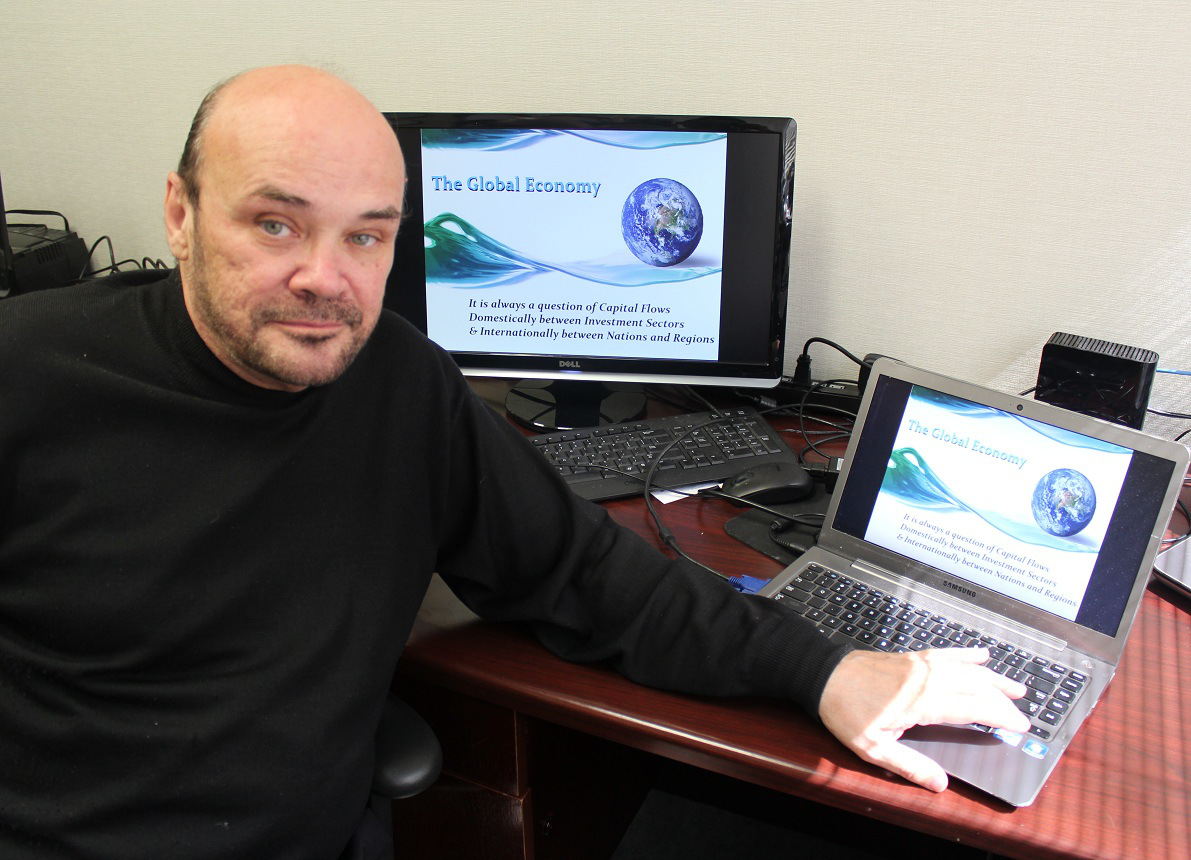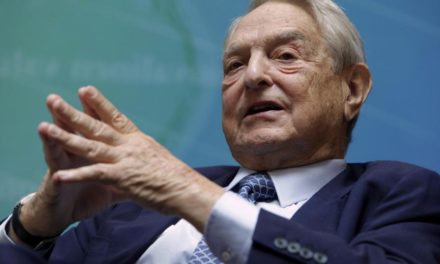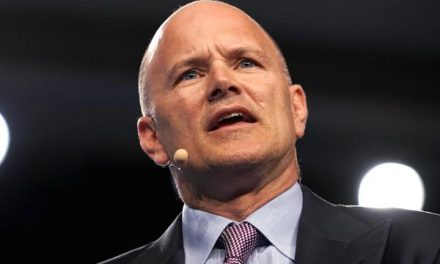Martin Armstrong forecasts tend to be both controversial and accurate.
He correctly predicted the 1987 crash, the top of the Japanese market, the Russian financial crisis of 1998, and the subprime financial crisis of 2008.
His “pi” cycle successfully predicted an upturn in the price of commodities in 1977.
Mainstream economists prone to groupthink with an abysmally poor forecasting record think that Martin Armstrong, a self-taught economist with a cult following is somewhat of a crackpot.
Nevertheless, Mart Armstrong created Economic Confidence Model (also called the “pi” cycle) in his forecasting led Martin Armstrong to successfully predict an upturn in the price of commodities in 1977.


“He correctly predicted the 1987 crash, the top of the Japanese market, the Russian financial crisis of 1998, and the subprime financial crisis of 2008.”
WEALTH TRAINING COMPANY
Martin Armstrong’s advice is sought by several governments.
But, also in a strange case, the trader spent seven years in jail for contempt of court for failing to corporate with the government.
Here is the latest of Martin Armstrong forecasts, according to his economic confidence model
For those of you awake at the keyboard, his futuristic vision will not come as a surprise.
Martin Armstrong forecasts the 20s to be marked by a commodity boom, food shortages, and the rise of authoritarianism
The beginning of the next decade, 2032, marks a peak in western culture and a shift to China in 2037.
Martin Armstrong forecasts for the 20s and the 30s are already playing out.
Supply chain disruptions and shortages are propelling a 70stype of cost-push hyperinflation.
All the ingredients that could ignite civil unrest are present. For example, the soaring cost of necessities, declining worker participation rates due to automation and AI, a widening wealth gap, the withdrawal of pandemic financial aid, and a self-serving plutocratic political class that appears less representative of its people is a high-octane cocktail waiting for a spark.

“Martin Armstrong forecasts the 20s to be marked by a commodity boom, food shortages, and the rise of authoritarianism”
MARTIN ARMSTRONG
We see a stronger social net in the form of a Universal Basic Income (UBI), the carrot, combined with a more authoritarian state, the stick, taking hold to squashes dissent.
Lockdowns have shown that populations surrender their freedom, they accept house arrest, curfews with little or no resistance in exchange for necessities.
These crowd control measures are easy to implement because, given a choice, most people would not work if they know they can’t get evicted for not paying the rent, the mortgage, and government cheques pay the grocery and utility bills.
“Major UK industries from food processing to utilities were already reeling from the effects of Brexit, a supply-chain crisis, and a record surge in energy prices” – Martin Armstrong
Moving onto trade agreements Martin Armstrong forecasts that China is likely to fail in its bid to join the Comprehensive and Progressive Trans-Pacific Partnership CPTPP
But its move to apply highlighted the lack of US economic policy in Asia-Pacific. CPTPP is an 11-nation mega-trade pact formed in 2018 after Donald Trump pulled the US out of the Trans-Pacific Partnership a year earlier. All 11 signatories of the CPTPP must agree to China’s request to join before it can be admitted as a member. The countries in the CPTPP are Australia, Brunei, Canada, Chile, Japan, Malaysia, Mexico, New Zealand, Peru, Singapore, and Vietnam.
In Europe, Martin Armstrong forecasts supply-chain crisis worsening, particularly in the UK
Martin Armstrong noted that the UK’s fuel crisis quickly evolved from an inconvenience that disrupted investors’ weekend plans into a serious financial risk for their business. “Major UK industries from food processing to utilities were already reeling from the effects of Brexit, a supply-chain crisis, and a record surge in energy prices,” wrote Martin Armstrong. “The sudden disruption to road-fuel supplies threatens to spread that pain even deeper into the economy, leaving small businesses, care workers, and taxi drivers unable to do their jobs,” he added. Moreover, BP said it had been forced to shut down a handful of its 1,200 UK fuel stations and restrict supplies to others because it did not have enough drivers for its delivery trucks, according to Reuters.
“Investors were relieved that the hard-left Linke Party fell below the 5 percent threshold needed to enter Parliament” – Martin Armstrong
Martin Armstrong noted that Government ministers toured TV studios to say there was no fuel shortage and the closure had only affected five sites, but their reassurances had little effect as lines began to grow at pumps around the country.
We forecast that Britain could be entering a winter of discontent as the impact of Brexit supply-chain shocks is made worse with the lingering pandemic.
The situation is likely to get worse before it gets better heading into the next Uk election on May 2, 2024. A conservative Eurosceptic government defeat is likely on the cards leaving the way for a pro-EU UK government. Backpedal Brexit could become a reality, bearing in mind that the young electorate is more pro-EU, and many of the older Electorate who voted for Brexit have died during the pandemic. So, the change in demographics combined with a winter of discontent could sway public opinion in favor of rejoining the EU again. The UK’s current limbo status in Europe could result in further GBP depreciation, which could add to UK inflationary pressures.
‘We would have you back,’ says Europe, in a new poll.
So, we believe with a less Eurosceptic UK government in 2024, the UK will be back in the EU again.
The UK is 5/1 to rejoin the European Union amid growing concerns that the Brexit trade deal has left the country poorer and less secure could be a good bet.
“Investors were relieved that the hard-left Linke Party fell below the 5 percent threshold needed to enter Parliament,” said Martin Armstrong concerning German politics.
Martin Armstrong also noted that in the US The National Association for Business Economists (NABE) downgraded their anticipated US GDP growth from 6.7% to 5.6%. The panel also downgraded Q3 estimates from 6.6% to May. Those polled cited the delta variant as the main factor for lackluster growth, as travel and hospitality sectors remain muted.
So, in a few words, Martin Armstrong forecasts stagflation, persistently high inflation combined with high unemployment, which does not jibe with the Fed’s temporary inflation view.
















